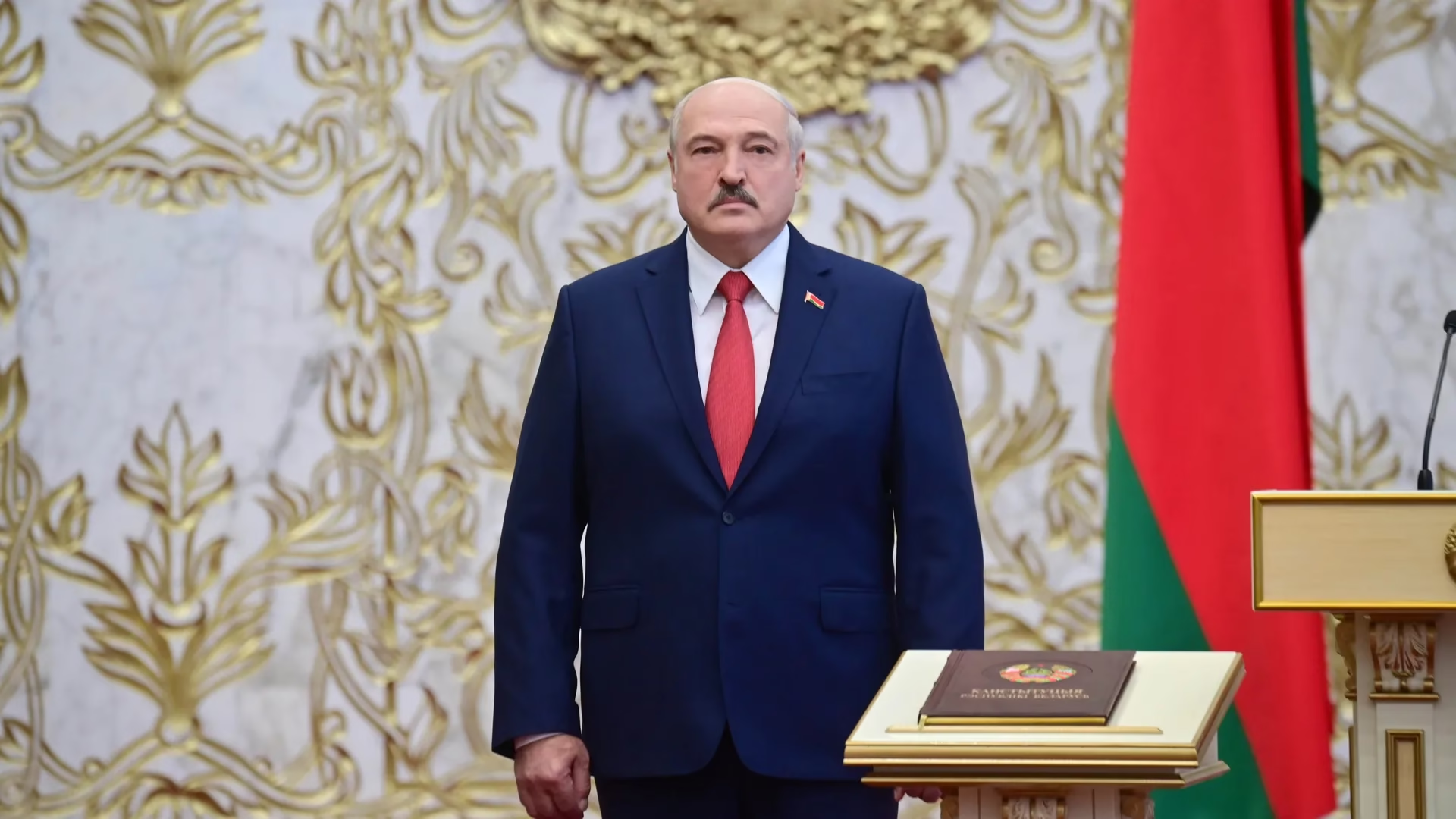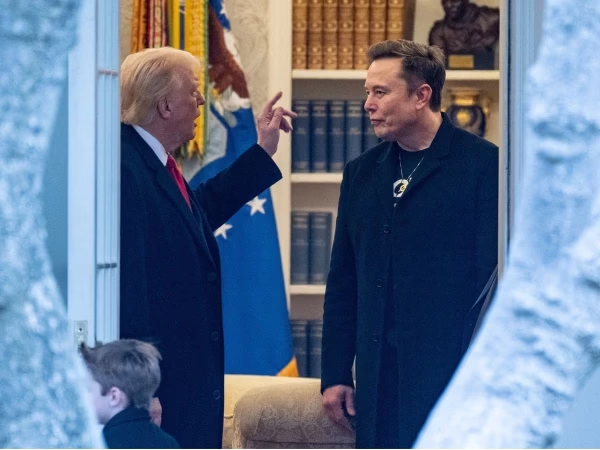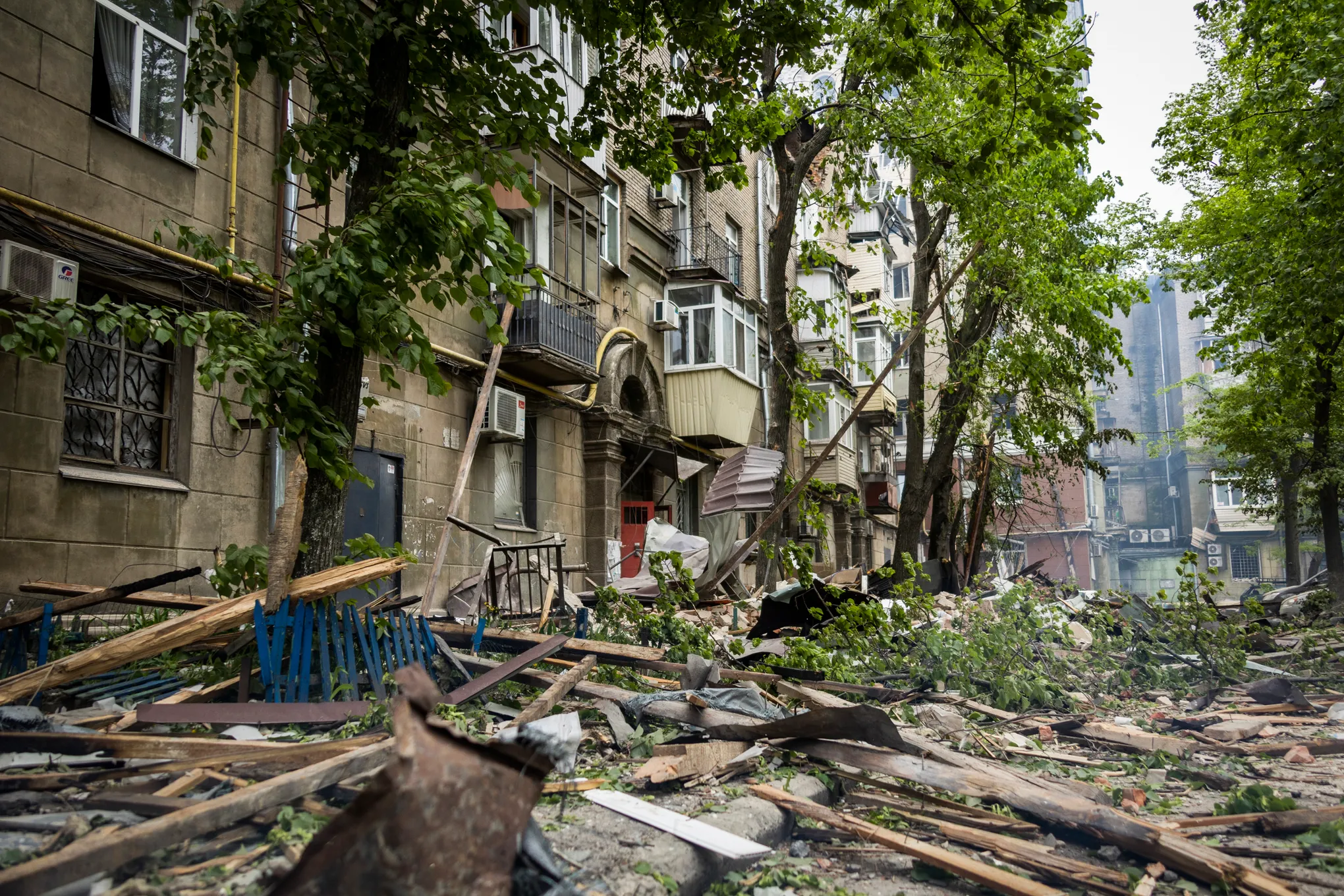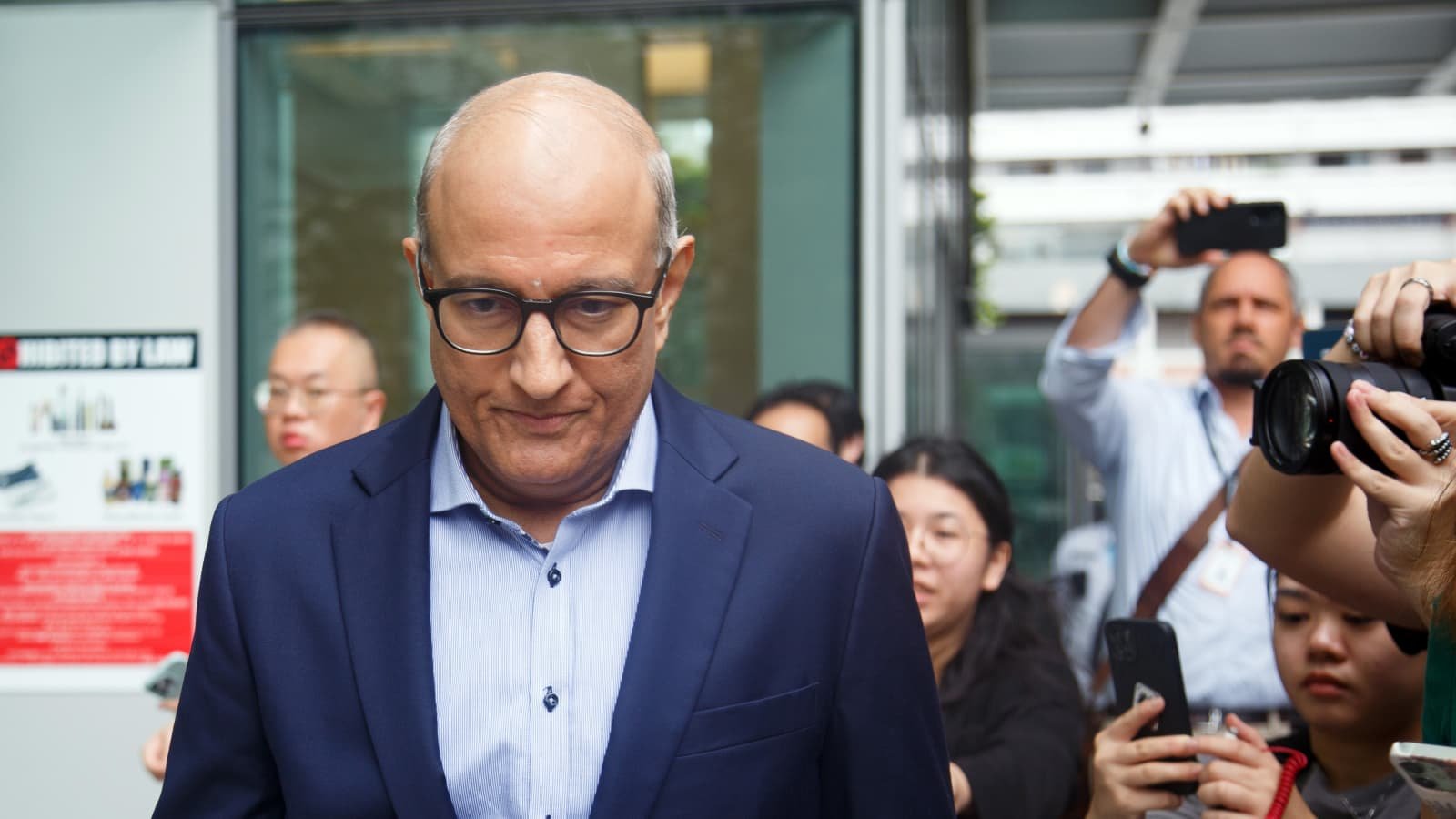Belarus’ President Alexander Lukashenko was inaugurated for a seventh term on Tuesday, brushing aside criticism and mocking his detractors who label him “Europe’s last dictator.” Speaking at the Independence Palace in Minsk, Lukashenko, 70, declared that Belarus has “more democracy than those who cast themselves as its models.”
The ceremony was attended by thousands of his supporters, while hundreds of opposition activists abroad held protests to mark the anniversary of Belarus’ short-lived independence in 1918. Lukashenko, who has maintained a tight grip on power since 1994, claimed victory in the January 26 election with nearly 87% of the vote — a result widely denounced by critics as fraudulent.
Crackdown on Dissent and Human Rights Abuses
Lukashenko’s regime has faced intense scrutiny for its harsh suppression of dissent. Following the disputed 2020 election, Belarus witnessed months of massive protests, leading to the arrests of over 65,000 people and widespread reports of police brutality. Independent media outlets and human rights organizations were shut down, and opposition figures were either imprisoned or forced into exile.
Human rights groups, including the Viasna Human Rights Center, estimate that Belarus currently holds over 1,200 political prisoners. Among them is Nobel Peace Prize laureate Ales Bialiatski. In a joint statement, Viasna and ten other organizations condemned Lukashenko’s re-election, calling it illegitimate and conducted “amid a deep human rights crisis.”
Opposition Voices and Calls for Change
Sviatlana Tsikhanouskaya, Lukashenko’s main challenger in 2020 who now lives in exile, reaffirmed her commitment to resisting his rule. Speaking in Lithuania, she said, “Our goal is to break away from the Russian occupation and Lukashenko’s tyranny, and to return Belarus into the European family of nations.”
Despite enduring heavy sanctions and international isolation, Lukashenko has maintained his grip on power with support from Russian President Vladimir Putin. Belarus has allowed Russian forces to use its territory for military operations, including the 2022 invasion of Ukraine, and has hosted Russian tactical nuclear weapons.
Prospects for Diplomatic Shifts
Some analysts suggest that Lukashenko may seek to improve relations with the West to reduce reliance on Russia and alleviate the economic impact of sanctions. Independent political analyst Valery Karbalevich remarked, “Lukashenko is signaling his readiness to start a dialogue and normalize ties to soften Western sanctions during his seventh term.”
As opposition voices remain determined and international condemnation grows, the future of Belarus under Lukashenko’s continued rule remains uncertain.



